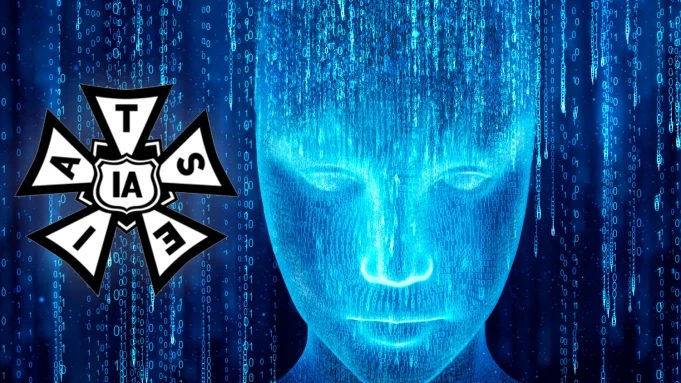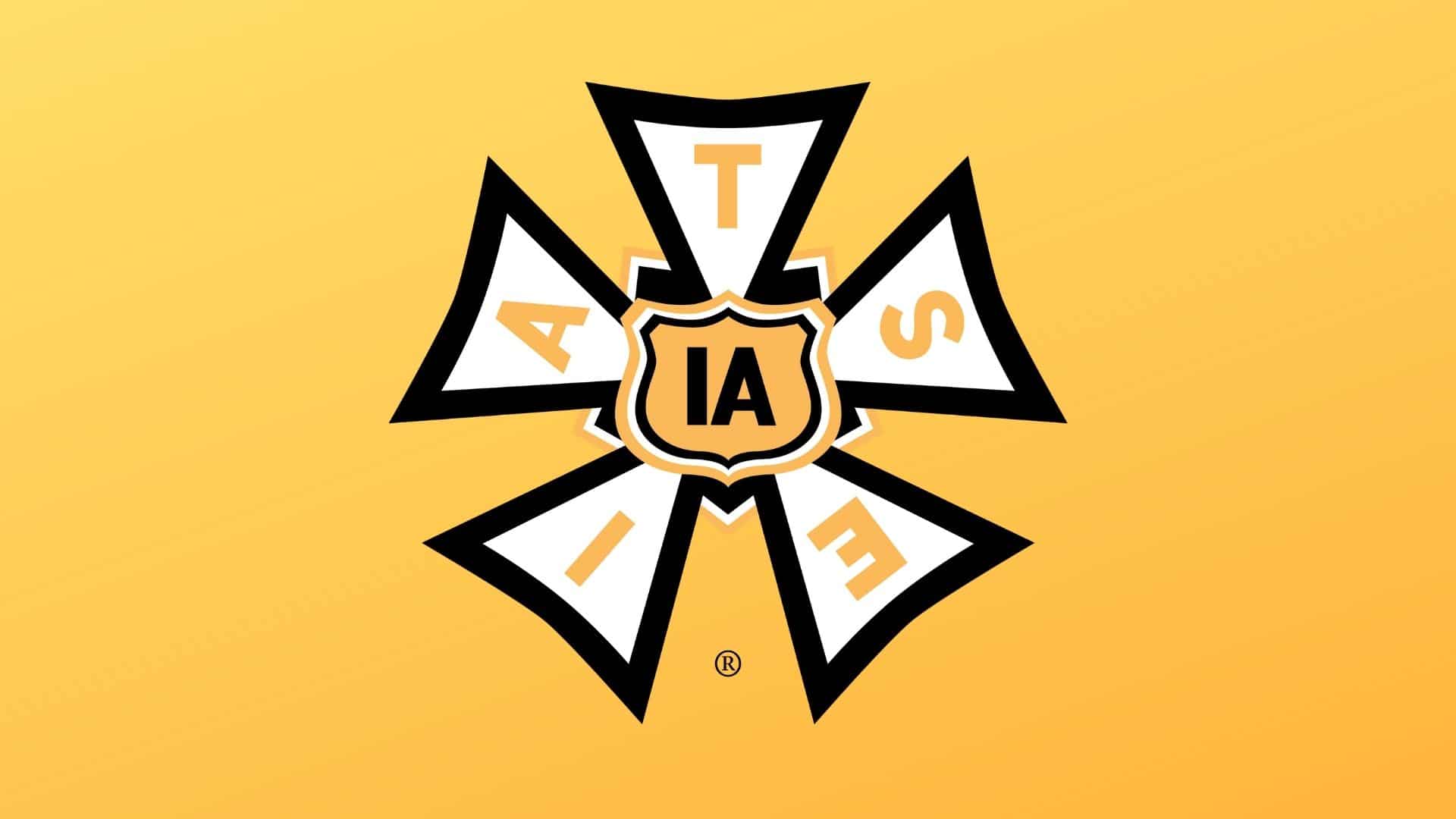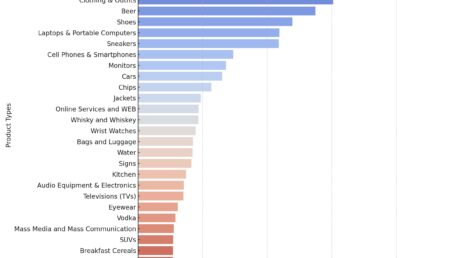Saying that artificial intelligence “threatens to fundamentally alter employers’ business models and disrupt IATSE members’ livelihoods,” the union Wednesday unveiled its “Core Principles” for the application of artificial intelligence and machine learning technologies in the entertainment industry.
The move follows the union’s creation of a Commission on Artificial Intelligence in May.
“With AI, the stakes for IATSE members in all crafts is high,” said IATSE president Matthew Loeb. “There is much work to do, but I am pleased to report the union’s efforts are already well underway.”
AI is a key bargaining issue for both the Writers Guild and SAG-AFTRA, and it will be for IATSE as well when it begins negotiations for a new film and TV contract next year. The WGA has been on strike for 65 days, and SAG-AFTRA members have voted overwhelmingly to authorize a strike if they don’t get a fair deal by July 12.
Here are IATSE’s Core Principles for the use of artificial intelligence:
1. Comprehensive Approach: The Implementation of Artificial Intelligence (AI) and Machine Learning (ML) technology in the Arts, Entertainment, and Media industries threatens to fundamentally alter employers’ business models and disrupt IATSE members’ livelihoods. The stakes involved are high, therefore IATSE’s approach as a union must be comprehensive, focusing on Research, Collaboration, Education, Political and Legislative Advocacy, Organizing, and Collective Bargaining.
2. Research: IATSE will be at the forefront of understanding how AI and ML will impact members and the broader entertainment industry. This includes better understanding how AI & ML tools are being used by members and the employers now, the capabilities and limitations of existing AI & ML tools, forecasting the capabilities and limitations of AI & ML tools to be developed in the future. IATSE will work to establish clear definitions that categorize various types of so-called “artificial intelligence” in order to advance enforceable legislative and collective bargaining oversight. IATSE will also urgently identify which crafts and Local Unions are most at-risk of being affected in the immediate future. The IATSE Commission on Artificial Intelligence will engage in a comprehensive study of AI technologies, with a particular focus on how they may reshape the landscape of entertainment industry jobs under IATSE’s jurisdiction. It will also consider how contract provisions, legislation, and training programs can be adapted to ensure the fruits of increased productivity through AI are shared equitably among all stakeholders.
3. Collaboration with Partners and Stakeholders: The IATSE Commission on Artificial Intelligence will bring together IATSE members and representatives at all levels, as well as external experts to guide the union’s approach to the challenges and opportunities presented by this new technology. Union leadership and this commission will interface with allied groups and organizations, including but not limited to the AFL-CIO Technology Institute, the Human Artistry Campaign, the Copyright Alliance, and the Department of Professional Employees (AFL-CIO). Given the distributed nature of this technology and the reality of dealing with multi-national corporations, IATSE will continue to collaborate with allies outside the United States and Canada as well, including organizations like UNI MEI and BECTU.

4. Education: IATSE Members will continue to be the best in the world at what we do. We have adapted to new technologies and even developed many of the tools and techniques that have pushed entertainment forward for the last 130 years. We will embrace new technologies and tackle the issue head on. We assert that our members have the right to receive adequate training and upskilling opportunities to navigate any changes brought about by AI in their work environment. We will continue to work to equip our members with the skills to navigate this technological advancement and build a culture of continuous education, both through IATSE’s own Education and Training Department, and the IATSE Training Trust Fund.
5. Organizing: IATSE recognizes implementation of AI & ML as catalysts for organizing. Our union is committed to organizing entertainment workers in new related job classifications.
6. Maintain Workers’ Rights, Members’ Job Security, and Union Jurisdiction: Workers in jobs that use AI should be afforded the same rights and protections as those in roles which have not historically used AI. New technology must not become an excuse to erode the conditions we’ve fought to achieve for decades, nor should it become a way to circumvent the union altogether. The implementation of AI and ML should not lead to job losses but rather should serve as a tool, complementing the work done by our members. We commit to continuing to advocate for our members’ job security in the face of AI integration.
7. Political and Legislative Advocacy: The union will continue to represent behind the scenes entertainment workers’ interests in policymaking, focusing on maintaining strong copyright and intellectual property laws. As members of the Human Artistry Campaign, IATSE supports the Core Principles for Artificial Intelligence Applications in Support of Human Creativity and Accomplishment. Generally, we will advocate for policies that:
• Ensure entertainment workers are fairly compensated when their work is used to train, develop or generate new works by AI systems
• Prioritize the people involved in the creative process and protect owners of intellectual property from theft
• Improve transparency of the use of AI & ML systems
• Prevent legal loopholes that can be exploited by individuals, companies, and organizations in the U.S., Canada, and otherwise
8. Collective Bargaining: The impact of AI on work conditions and roles falls within the scope of mandatory collective bargaining subjects. We commit to negotiating provisions that address AI into our future contracts. IATSE demands transparency from employers regarding their use of AI, even in the absence of relevant government legislation. We are dedicated to safeguarding our members’ privacy rights and ensuring that AI applications adhere to the highest ethical standards, including non-discrimination and fairness. We also recognize that collective bargaining is the primary way to ensure workers do not have to wait for government regulation through legislation, which could take years or may never come at all.
This piece was originally published by Deadline and was written by David Robb.




